Editor's note: Kong Qingjiang, a special commentator for CGTN, is the vice dean of the School of International Law, China University of Political Science and Law. The article reflects the author's opinions and not necessarily the views of CGTN.
Despite the noise about alleged human rights violations, the past years have witnessed continuous progress in human rights protection in the Xinjiang Uygur Autonomous Region. One of the most absurd accusations from anti-China forces is the claim of "genocide" against the Uygur people. However, population surveys over the years have clearly shown a steady increase in the Uygur population in the region.
The total population of the autonomous region has grown significantly, from 7.27 million in 1964 to 25.85 million in 2020. From 2010 to 2018, the Uygur population increased by 25.04 percent, which was 23 percentage points higher than the growth rate of the Han population.
Moreover, for 70 years since the establishment of the Xinjiang Uygur Autonomous Region, the Uygur people have remained the largest ethnic group in the region. These figures are a powerful refutation of the fabricated rumors.
Population growth is just one aspect of the human rights progress for the Uygur people; other areas also reflect significant improvements.
The living conditions in Uygur-inhabited areas have undergone substantial enhancements. Take Darya Boyi Township in Yutian County, Hotan Prefecture, for example. It was once an extremely impoverished area deep in the Taklimakan Desert, plagued by sandstorms for months each year. Since 2018, with government assistance, the entire village has been relocated to a new site equipped with running water, electricity and internet access. The government has also helped villagers establish livestock cooperatives and develop desert tourism, enabling them to achieve steady income growth.
The right to work of one's own free will is another important part of human rights. An independent survey was conducted by the New Research Institute, a doctoral academic organization in China, among local people in Xinjiang, regardless of their ethnicity, occupation or age. The surveyed laborers were asked to respond to questionnaires covering their personal information, current employment status, willingness to work, major considerations when choosing employment (such as working conditions, salary, fringe benefits and social welfare), and participation in skills training and its results.
As the survey indicated, while Xinjiang has made remarkable achievements in economic and social development, some laborers – particularly those with relatively weak skills in specific fields or limited access to information – still face certain challenges in seeking career opportunities and advancing their careers. Therefore, the survey focused specifically on the views of the surveyed laborers regarding vocational skills training sessions organized by government agencies, enterprises, or industry associations, which have been absurdly linked to rhetoric about forced labor.
Among the unemployed respondents in the 243 valid questionnaires collected, 93 percent expressed expectations for employment. Over 80 percent of the surveyed laborers reported that their local communities or employers provide diverse and substantial vocational skills training opportunities. Most importantly, more than 72 percent of the trainees agreed that these training programs are well-designed, practical and highly relevant, playing a significant and positive role in enhancing their professional skills, meeting job requirements, and expanding career development opportunities. This survey clearly refutes the so-called "large-scale forced labor" rhetoric that some anti-China forces have been hyping up.
The right to justice is another example of the progress in human rights for the Uygur people. It is evident that the government has made great efforts to ensure that justice is accessible to the Uygurs. For instance, "bilingual mediation rooms" have long been established in courts in multiple prefectures of Xinjiang, ensuring easy access to justice. To facilitate the quicker and amicable resolution of disputes involving minority litigants, the "Pomegranate Seed Small Claims Expedited Adjudication Studio" was set up at the Tianshan District People's Court in Urumqi, the capital city of Xinjiang. It handles cases using bilingual judges, bridging the gap with ethnic minority communities.
Religious freedom is yet another important aspect of human rights. To provide a proper place for minorities to worship, the government allocated funds to restore the Dafusen Mosque in Wensu County, Aksu Prefecture. Built in 1862, the mosque had fallen into disrepair. The government funded its reconstruction twice, and it now covers an area of 3,676 square meters, with a main prayer hall spanning 600 square meters. Equipped with utilities such as water, electricity, and heating, the mosque can accommodate 800 to 900 worshippers at a time. Imam Abdurehim Mutellip stated that Muslim worshippers are free to engage in activities such as reciting the Quran, praying, and fasting. Daily prayers at the mosque attract over a hundred attendees, with even larger crowds during Muslim festivals.
Xinjiang has been continuously making progress in protecting the human rights of ethnic minorities. The reality stands in stark contrast to the false claims of poor minority human rights protection. The accusations of human rights violations are nothing but political propaganda aimed at smearing the Xinjiang Uygur Autonomous Region and China as a whole.


.png)
.jpg)
.jpg)

.jpg)

.png)
.png)
.png)
.png)
.png)
.png)
.png)
.png)
.png)
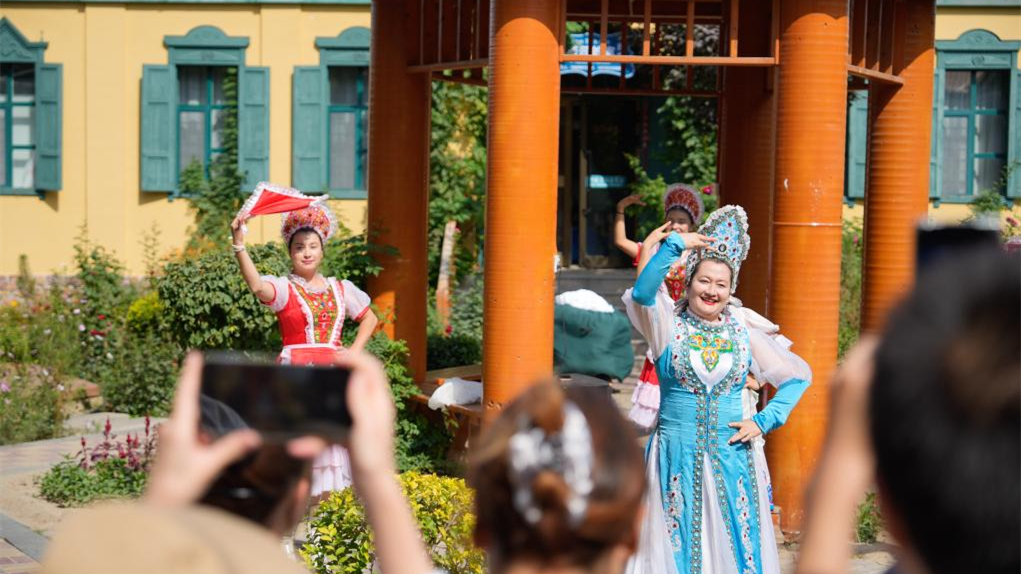
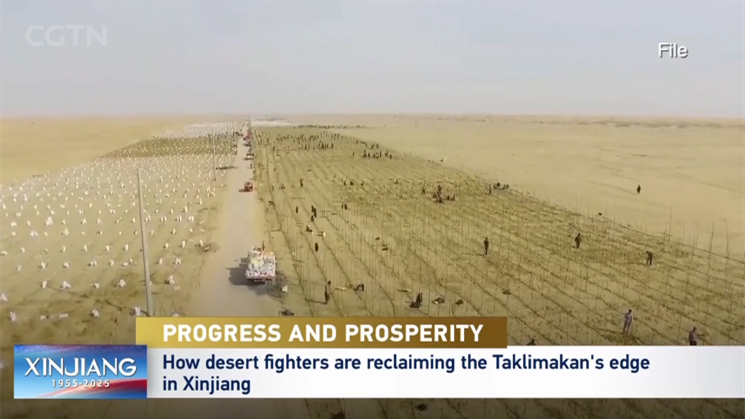
.png)
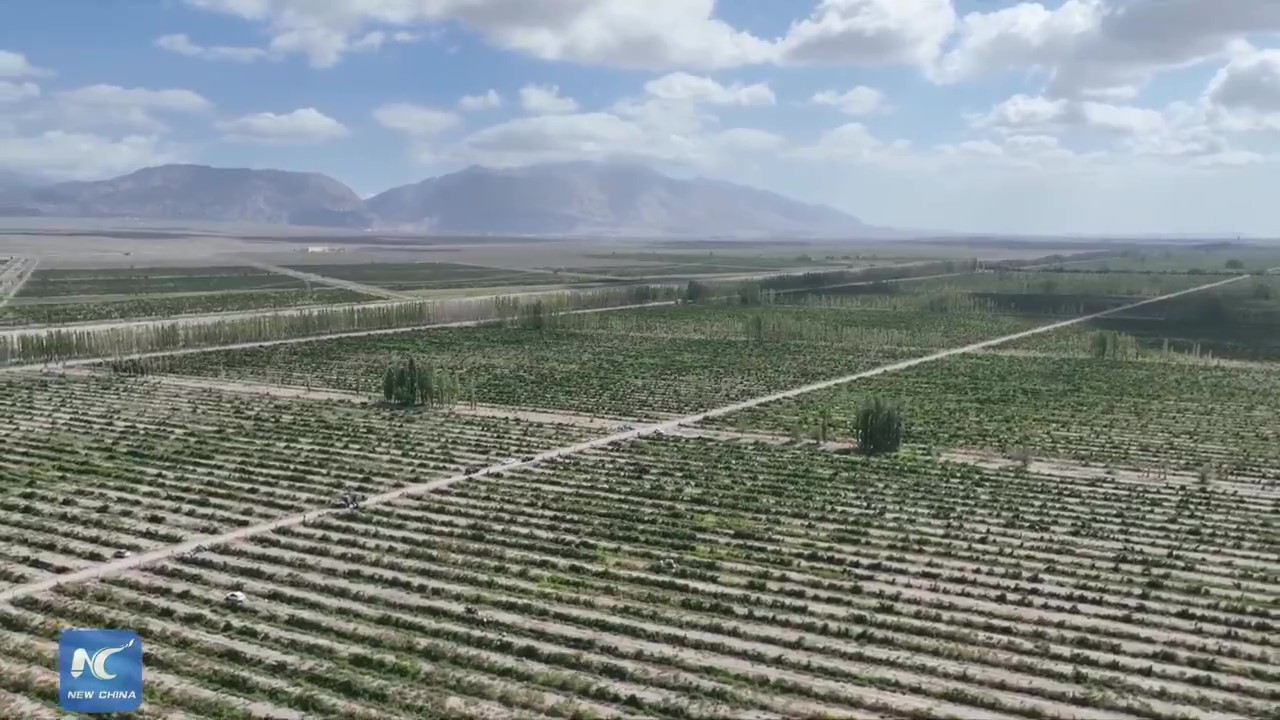

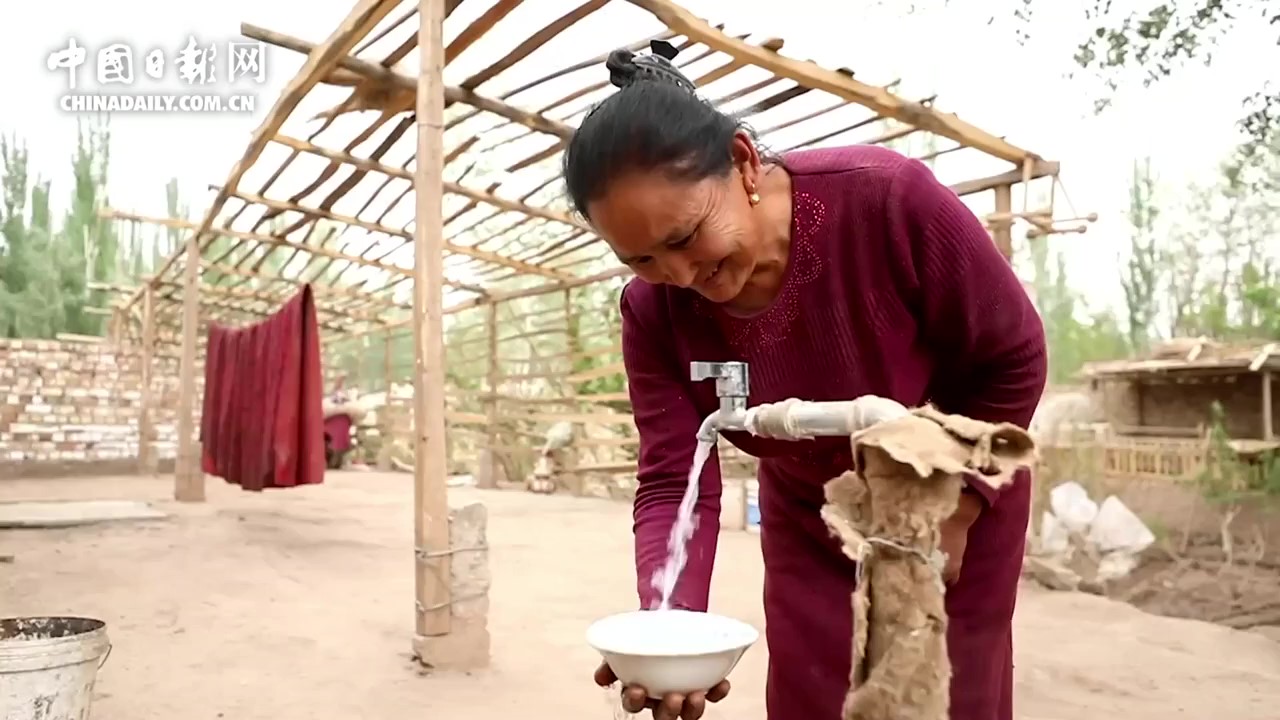

.jpg)

.png)
.png)

.jpg)
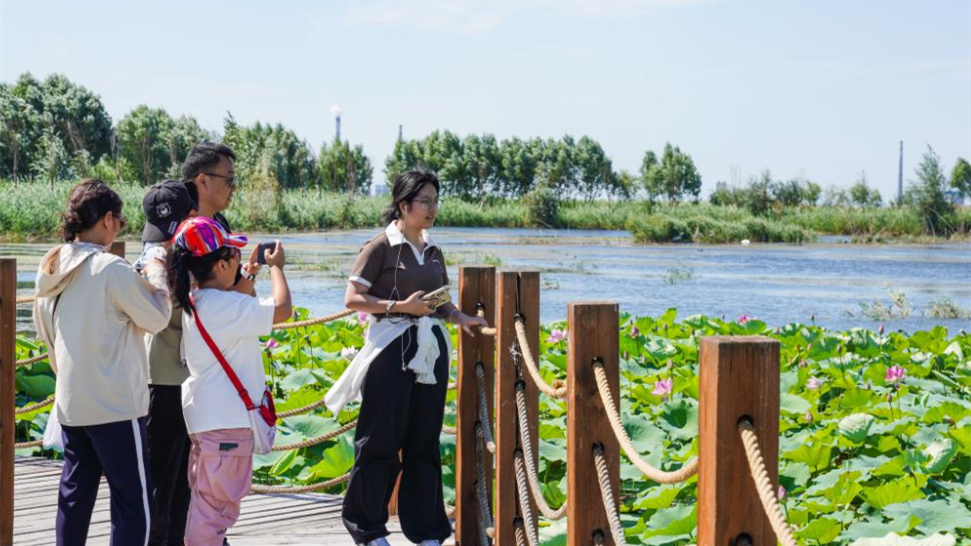
.jpg)
.png)
.jpg)
.jpg)
.jpg)
.png)

.png)
.jpg)
.jpg)
.png)
.jpg)
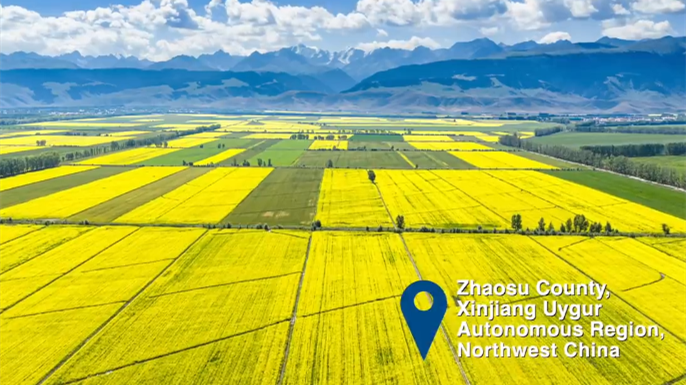
.jpg)
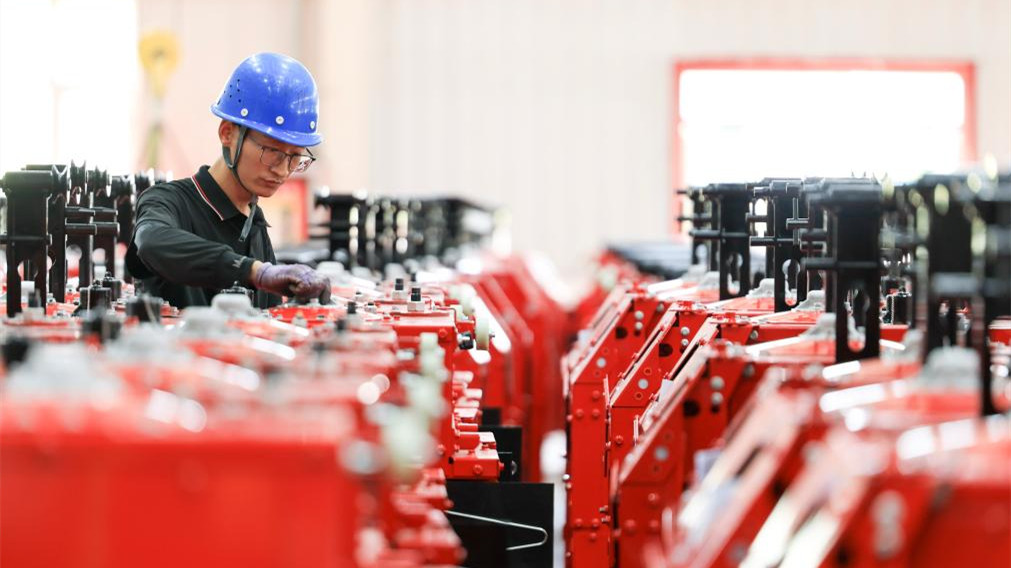
.png)
.jpg)
.png)
.png)
.jpg)
.png)
.png)
.jpg)